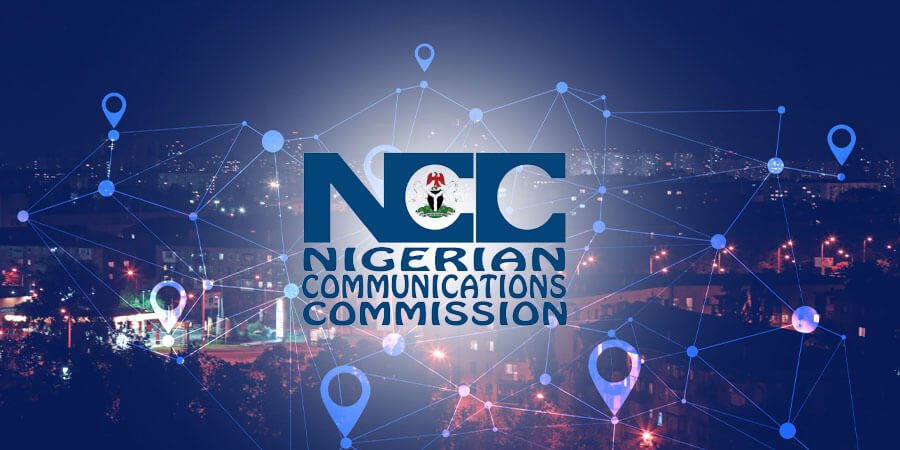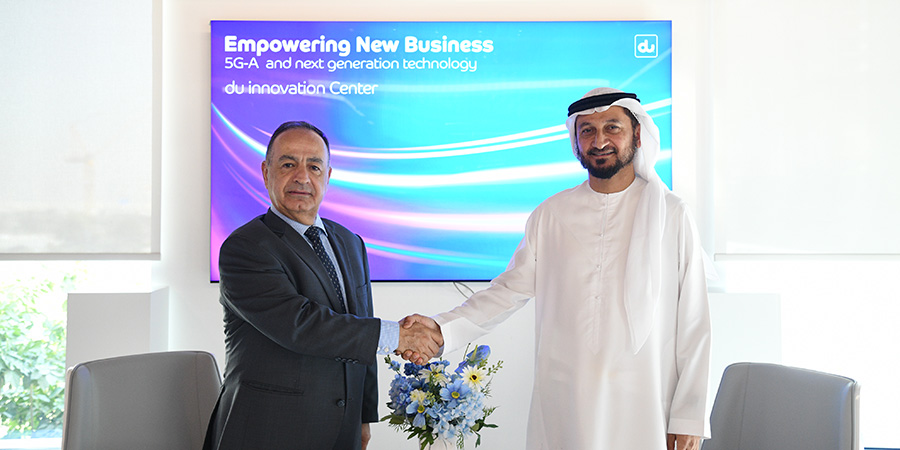Invigo has successfully tested the download of an eSIM profile on an embedded UICC with a mobile network operator. Invigo’s eSIM provisioning platform offers a state-of-the-art subscription management solution to remotely provision and manage embedded SIM cards in both consumer and M2M devices, while meeting industry standards in terms of system security, interoperability, and scalability. The company is currently preparing for the GSMA Security Accreditation Scheme (SAS) audit for its SM-DP+ and SM-DP servers in partnership with a Tier IV datacenter provider, and expect to complete it by the end of 2018.
The embedded SIM card, or the new generation SIM card, is believed to be industry-transforming and essential for the development of the IoT ecosystem across various industries; automotive, retail, manufacturing and healthcare, to name a few. A big advantage of this embedded SIM, over the traditional SIM, is the possibility of remotely changing the SIM profile without the need of physically changing the eSIM itself, thus allowing the end users to select the operator of their choice for connectivity.
Mobile network operators are a main player in this new ecosystem, as they are the trusted partner responsible for securely downloading SIM profiles into embedded SIM cards. To reassure all stakeholders about the security of this new ecosystem, the GSMA has developed a set of security guidelines to be followed by the providers of eSIM provisioning solutions, namely of Subscription Management platforms (SM-DP, SM-DP+ and SM-SR nodes).
Invigo is keen to play a major role in the eSIM environment, follow highest standard in terms of data security, and meet the conditions required to have a GSMA SAS-SM certified platform. Invigo’s state-of-the-art eSIM provisioning solution allows clients to download operator’s profile on the eUICC and manage end user interaction for profile selection.










































